The Trump administration recently announced plans to take a hardline stance by “aggressively revoking
” the visas of certain Chinese international students. Secretary of State Marco Rubio emphasized that this move targets not only Chinese students studying in “
critical fields
” but also those with ties to the Chinese Communist Party.
“
Under President Trump’s leadership, the U.S. State Department will work with the Department of Homeland Security to aggressively revoke visas for Chinese students,
” Rubio stated firmly. This decision forms part of a broader strategy to tighten visa criteria for all future applications from China and Hong Kong.
China stands as one of the primary sources of international students in the United States, with over 270,000 Chinese students enrolled during the 2023-24 academic year. The announcement sparked immediate criticism from the Chinese Embassy in the U.S., labeling it as “
politically motivated and discriminatory.”
Responding to these measures, House Republicans have raised concerns about potential security risks associated with research collaborations between U.S. universities and their Chinese counterparts. Last year, an alarming report highlighted how defense funding was inadvertently supporting projects linked to China.
The timing of these visa restrictions coincides with heightened scrutiny surrounding academic partnerships between American institutions and China. These developments underscore growing tensions in U.S.-China relations across various sectors.
In a parallel move, embassies worldwide have been instructed by the State Department to halt new student visa interviews temporarily while introducing enhanced social media vetting procedures for applicants. Such changes have compounded uncertainty among international students in America amidst an already challenging immigration landscape under the current administration.
Moreover, recent legal battles involving prominent universities like Harvard University have further escalated this issue. The attempt by authorities to hinder international student enrollments at Harvard was met with resistance from both judicial authorities and university officials striving to protect academic freedom and diversity on campus.
President Trump’s call for stricter controls on foreign student populations reflects broader debates around national security and loyalty within educational settings. While these actions aim at safeguarding American interests, they raise questions about inclusivity and global cooperation in higher education.
As policymakers navigate these complex issues, it is essential to strike a balance between protecting national security interests and upholding America’s legacy as a welcoming destination for diverse talents worldwide.



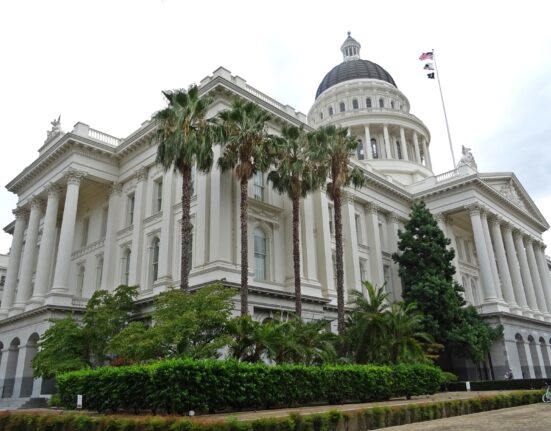
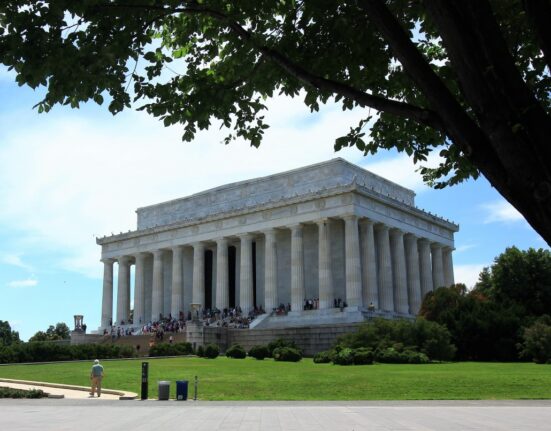
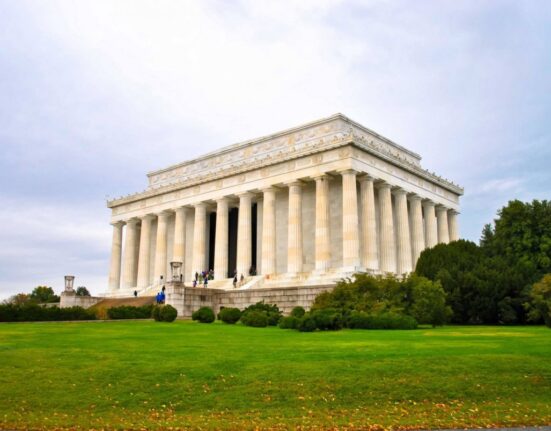
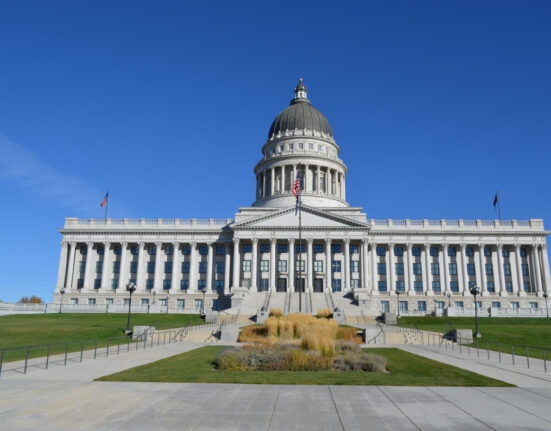
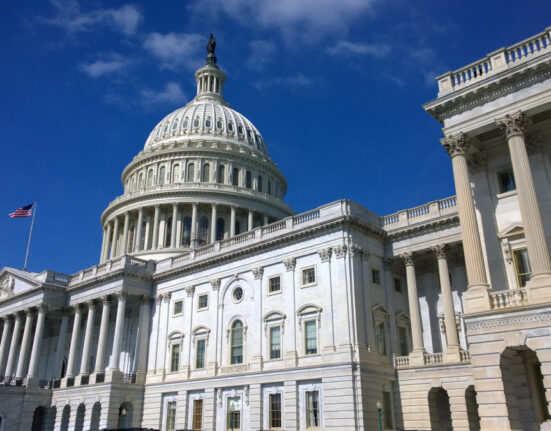

Leave feedback about this